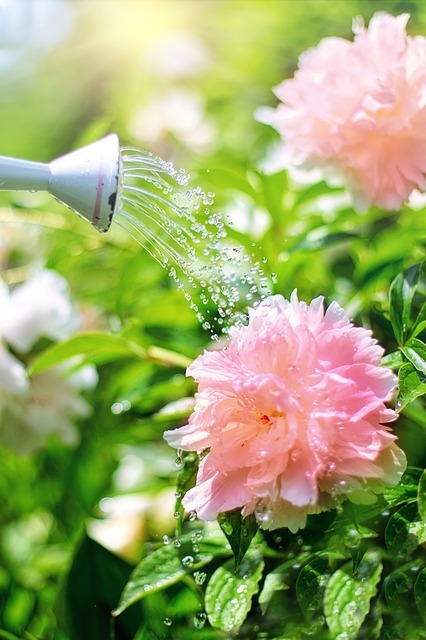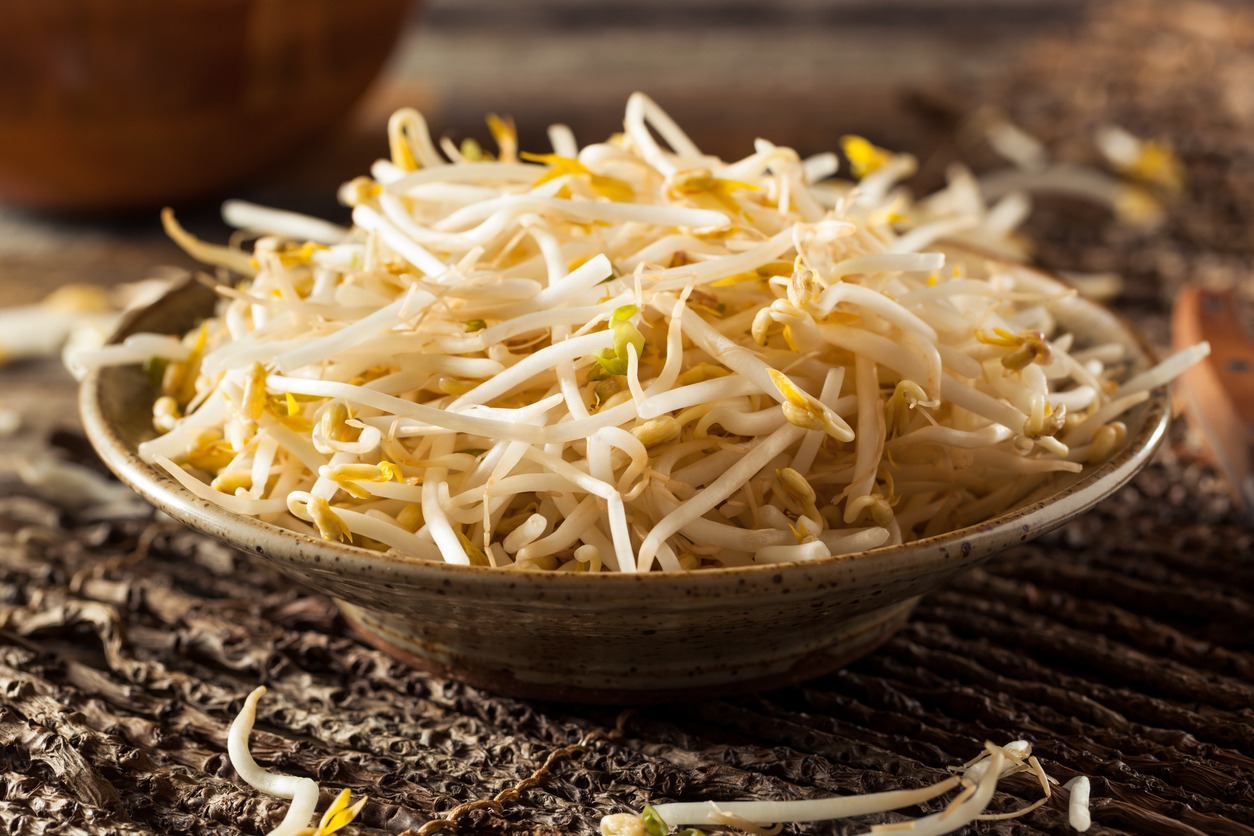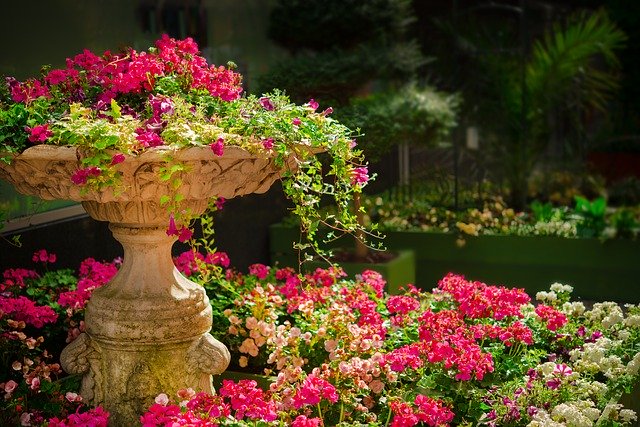Why Organic Seeds Matter for a Healthier Homestead Garden
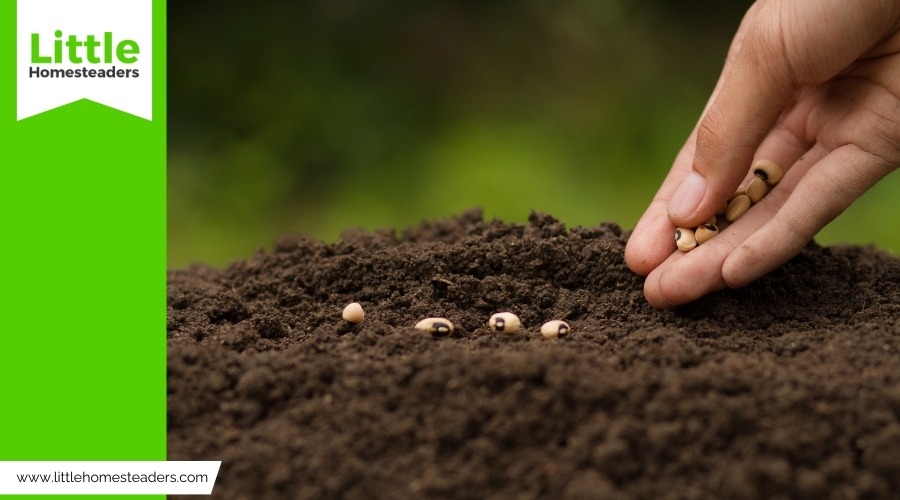
Do you want to grow a thriving garden but aren't sure where to start? Organic seeds might just be the secret ingredient you're looking for. This guide will walk you through why organic seeds are essential and how they can make your garden healthier, more sustainable, and easier to manage. You don't need a degree in horticulture to benefit from these tiny powerhouses—just a willingness to dig in (pun intended) and let nature do its thing.
This is a simple, practical overview of the benefits of organic seeds and how they work to transform your homestead garden. Whether you're a beginner or a seasoned gardener, you'll find tips here that fit your experience level and gardening goals. Let's get started!
The Basics: What Are Organic Seeds?
Organic seeds come from plants grown without synthetic pesticides, herbicides, or fertilizers. Instead, they're cultivated in natural conditions that encourage resilience and adaptability. Think of them as the VIPs of the seed world: they've been raised to thrive in diverse environments and are naturally resistant to many common garden pests and diseases.
If you're wondering why this matters, imagine planting a garden that not only grows well but also supports the environment. That's the magic of organic seeds.
Why Choose Organic Seeds?
- They're free from synthetic chemicals, making them safer for your family and the environment.
- They encourage biodiversity by supporting a wide variety of plant traits.
- They're more likely to adapt to your local climate and soil conditions.
- They help build a sustainable food system by reducing dependency on chemical inputs and promoting eco-friendly farming practices.
Did You Know? Organic seeds often come with detailed planting guides tailored to their specific needs, helping you achieve better success rates even as a beginner.
Building a Resilient Garden With Organic Seeds
Organic seeds are like the superheroes of the gardening world. They've been bred to face challenges head-on, whether it's a dry spell, pesky bugs, or unpredictable weather. By planting them, you're setting your garden up for success right from the start.
Imagine planting a row of tomatoes. Conventional seeds might require chemical sprays to fend off pests. Organic seeds, however, naturally resist many pests and diseases, meaning less work and fewer chemicals in your garden.
Some gardeners worry that organic seeds might be harder to grow or more expensive than conventional ones. In reality, they're designed to thrive in natural conditions, often requiring less maintenance. You can also save costs by purchasing seeds in bulk or participating in local seed exchanges.
Quick Tip: Choose heirloom varieties for an extra dose of resilience. These seeds have been passed down through generations, adapting to specific environments and conditions.
Organic Seeds Support a Sustainable Food System
When you plant organic seeds, you're doing more than just growing food. You're supporting a sustainable, eco-friendly food system. Conventional farming often focuses on high yields at the expense of soil health and biodiversity. Organic seeds flip the script by promoting practices that enrich the soil and preserve genetic diversity.
By growing organic seeds, you contribute to reducing the environmental impact of agriculture. Synthetic chemicals used in conventional farming often leach into waterways and disrupt ecosystems. Organic methods avoid these pitfalls, helping to restore balance to the environment.
Did You Know? By purchasing organic seeds, you're contributing to the demand for sustainable agriculture. This helps seed companies expand their offerings and encourages more farmers to adopt organic practices.
Seasonal Planting Guide for Organic Seeds
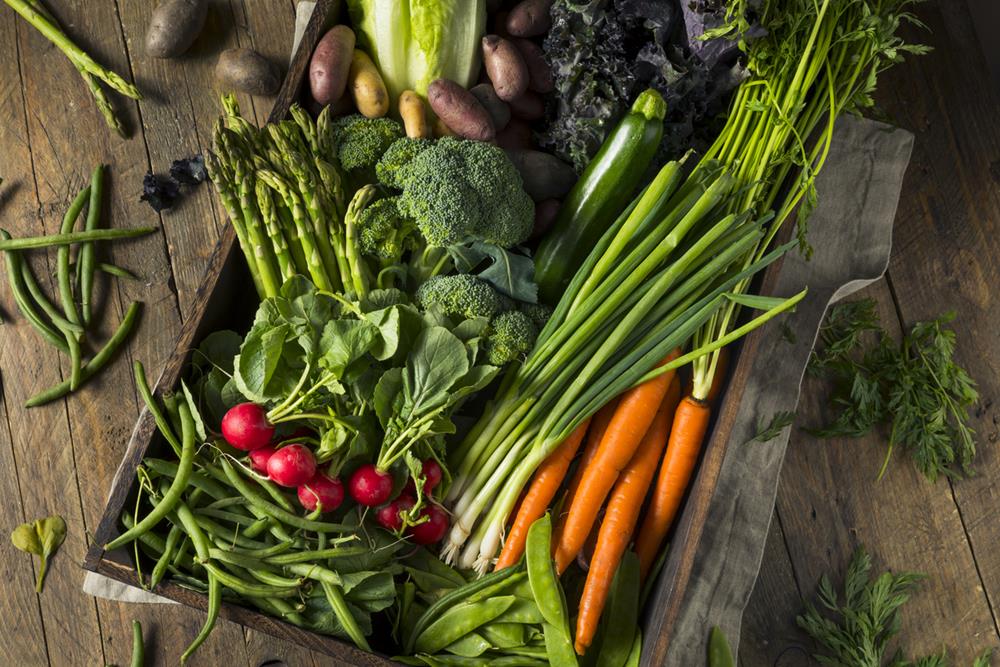
Growing a successful organic garden also depends on planting the right seeds at the right time. Here's a seasonal guide to help:
- Spring: Start with cool-weather crops like lettuce, spinach, radishes, and peas. These grow quickly and thrive in the mild temperatures of early spring.
- Summer: Transition to heat-loving plants like tomatoes, peppers, cucumbers, and beans. These crops thrive in full sun and warmer soil.
- Fall: Plant root vegetables like carrots, beets, and turnips. You can also grow leafy greens like kale and Swiss chard that tolerate cooler weather.
- Winter: In warmer climates, winter gardening might include crops like garlic or hardy greens. For colder areas, consider starting seeds indoors for spring planting.
Pro Tip: Keep a gardening journal to track what you plant and when. Over time, this will help you identify the best planting schedule for your specific region.
How to Start With Organic Seeds
Ready to give organic seeds a try? Here's a simple step-by-step guide:
- Choose Your Seeds: Start with easy-to-grow options like lettuce, beans, or sunflowers. Check for certified organic labels to ensure quality.
- Prepare Your Soil: Organic seeds thrive in nutrient-rich soil. Add compost or organic matter to boost fertility.
- Plant and Water: Follow the planting instructions on the seed packet. Water regularly but avoid overwatering.
- Observe and Adjust: Gardening is a learning process. Keep an eye on your plants and make adjustments as needed.
Pro Tip: Experiment with seed saving! Collect seeds from your organic plants at the end of the season. This not only saves money but also helps you develop seeds adapted to your specific garden conditions.
Organic Seeds and Soil Health
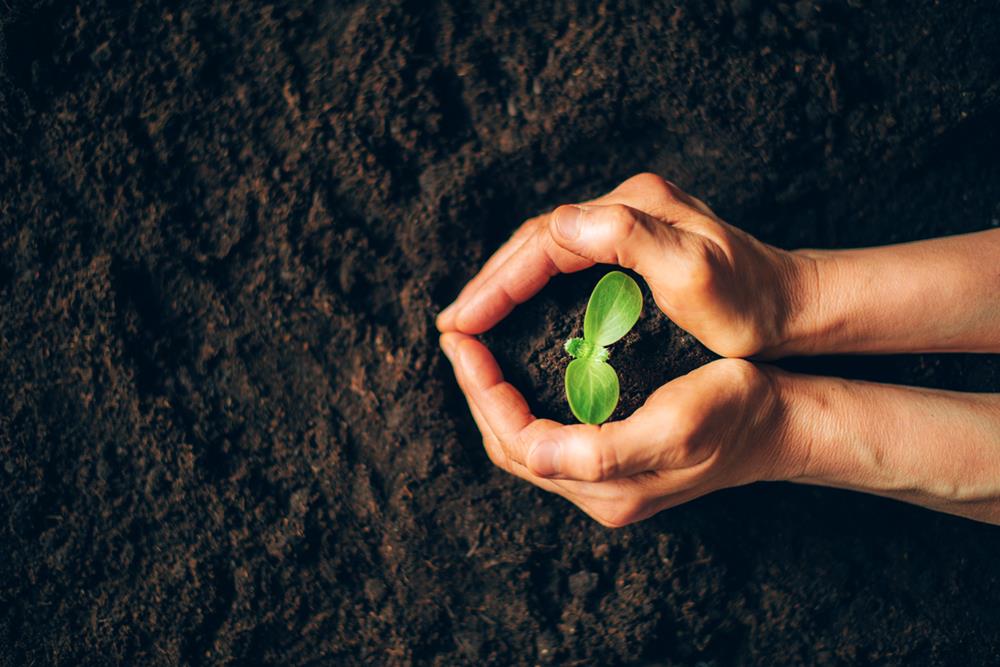
One of the most overlooked benefits of organic seeds is their impact on soil health. These seeds work in harmony with the soil, encouraging the growth of beneficial microorganisms. Over time, this creates a thriving ecosystem that supports healthier plants and higher yields.
Think of it this way: Your soil is like a living organism. Organic seeds nourish it, while conventional farming methods often deplete it. By choosing organic, you're investing in the long-term health of your garden.
Practical Soil Tips:
- Add a layer of compost or aged manure to enrich your soil before planting.
- Practice crop rotation to prevent nutrient depletion.
- Use cover crops in the off-season to improve soil structure and fertility.
FAQs About Organic Seeds
Q: Are organic seeds harder to grow?
A: Not at all! In fact, many gardeners find them easier to grow because they're naturally adapted to their environments.
Q: Do I need special soil or fertilizers for organic seeds?
A: While organic seeds thrive in healthy, nutrient-rich soil, you don't need anything fancy. Compost and natural amendments work perfectly.
Q: Can I save seeds from organic plants?
A: Absolutely! Seed saving is one of the best ways to make your garden more sustainable and cost-effective.
Q: Where can I find organic seeds?
A: Look for them at local nurseries, farmers' markets, or reputable online suppliers. Some popular options include Seed Savers Exchange and Johnny's Selected Seeds.
Final Thoughts
When you look at your garden, you're seeing more than plants. You're seeing life, resilience, and the possibility of creating something that's both beautiful and beneficial for the environment. Organic seeds are at the heart of that transformation.
Starting your journey with organic seeds doesn't have to be overwhelming. Think of it as taking one small step toward a healthier, more sustainable garden. Begin with a few easy crops, observe how they thrive, and build your confidence season by season. Before you know it, your garden will be a testament to the power of nature and the choices you've made to nurture it.
And remember, gardening isn't about perfection. It's about learning, experimenting, and enjoying the process. Organic seeds make that process a little easier, a little kinder to the earth, and a lot more rewarding.


